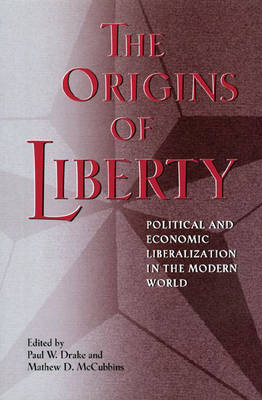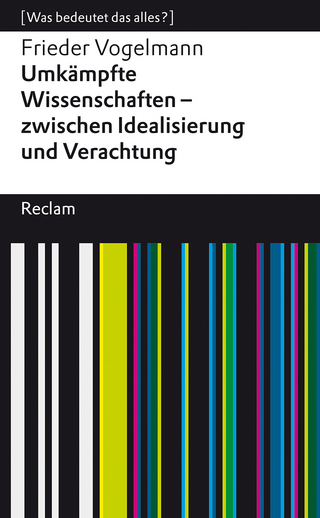
The Origins of Liberty
Political and Economic Liberalization in the Modern World
Seiten
1998
Princeton University Press (Verlag)
978-0-691-05753-8 (ISBN)
Princeton University Press (Verlag)
978-0-691-05753-8 (ISBN)
- Titel ist leider vergriffen;
keine Neuauflage - Artikel merken
Why would sovereigns ever grant political or economic liberty to their subjects? Under what conditions would rational rulers ever give up any of their authority? This book draws on empirical and theoretical approaches to answer these questions.
Why would sovereigns ever grant political or economic liberty to their subjects? Under what conditions would rational rulers who posses ultimate authority and who seek to maximize power and wealth ever give up any of that authority? This book draws on a wide array of empirical and theoretical approaches to answer these questions, investigating both why sovereign powers might liberalize and when. The contributors to this volume argue that liberalization or democratization will only occur when those in power calculate that the expected benefits to them will exceed the costs. More specifically rulers take five main concerns into account in their cost-benefit analysis as they decide to reinforce or relax controls: personal power, internal order, external order, and control over policy - particulary economic policy. The book shows that repression is a tempting first option for rulers seeking to maximize their benefits, but that liberalization becomes more attractive as a means of minimizing losses when it becomes increasingly certain that the alternatives are chaos, deposition or even death.
Chapters cover topics as diverse as the politics of 17th-century England and 20th-century Chile;
Why would sovereigns ever grant political or economic liberty to their subjects? Under what conditions would rational rulers who posses ultimate authority and who seek to maximize power and wealth ever give up any of that authority? This book draws on a wide array of empirical and theoretical approaches to answer these questions, investigating both why sovereign powers might liberalize and when. The contributors to this volume argue that liberalization or democratization will only occur when those in power calculate that the expected benefits to them will exceed the costs. More specifically rulers take five main concerns into account in their cost-benefit analysis as they decide to reinforce or relax controls: personal power, internal order, external order, and control over policy - particulary economic policy. The book shows that repression is a tempting first option for rulers seeking to maximize their benefits, but that liberalization becomes more attractive as a means of minimizing losses when it becomes increasingly certain that the alternatives are chaos, deposition or even death.
Chapters cover topics as diverse as the politics of 17th-century England and 20th-century Chile;
Paul W. Drake and Mathew D. McCubbins are Professors of Political Science at the University of California, San Diego. Drake is the author of Socialism and Populism in Chile, 1932-52; The Money Doctor in the Andes; and Labor Movements and Dictatorships. McCubbins is coauthor of The Democratic Dilemma (with Arthur Lupia); The Logic of Delegation (with D. Roderick Kiewiet); and Legislative Leviathan (with Gary W. Cox).
| Erscheint lt. Verlag | 19.4.1998 |
|---|---|
| Zusatzinfo | 23 tables 5 line illus. |
| Verlagsort | New Jersey |
| Sprache | englisch |
| Maße | 197 x 254 mm |
| Gewicht | 482 g |
| Themenwelt | Sozialwissenschaften ► Politik / Verwaltung ► Politische Systeme |
| Sozialwissenschaften ► Politik / Verwaltung ► Politische Theorie | |
| Sozialwissenschaften ► Politik / Verwaltung ► Staat / Verwaltung | |
| ISBN-10 | 0-691-05753-2 / 0691057532 |
| ISBN-13 | 978-0-691-05753-8 / 9780691057538 |
| Zustand | Neuware |
| Haben Sie eine Frage zum Produkt? |
Mehr entdecken
aus dem Bereich
aus dem Bereich
Buch | Softcover (2023)
Phillip Reclam (Verlag)
7,00 €


